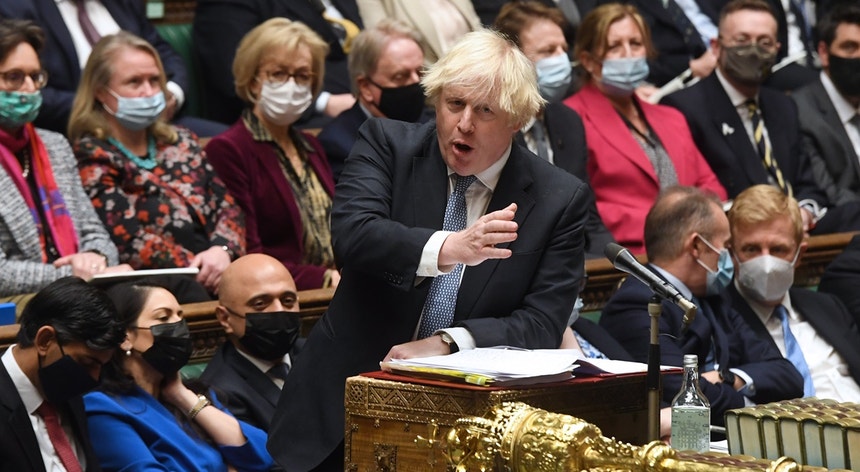Boris Johnson escaped from his Conservative party’s condemnation resolution on Monday. According to Conservative Committee Chairman Graham Brady, 211 delegates voted in favor of Johnson and 148 against.
Johnson received a whopping half of his party’s (180 delegates) votes, meaning he is in office and will not be challenged again for 12 months.
The result is about 59 percent delegates Tories Boris maintained confidence in Johnson – less than his predecessor Theresa May, who escaped 200 in favor and 117 against the audit resolution in 2018.
Theresa May’s own example shows that Monday’s results did not guarantee security for Johnson’s prime minister, and that his predecessor, despite having an equal success in an audit resolution, will announce his resignation six months later. .
Boris Johnson describes the decision as “good news.”
Boris Johnson described his victory as “good news”, insisting that Monday’s decision would leave the “firm” and “decisive” and “partygate” controversies and allow the government to “move forward”.
“I think this is a decisive decision, a decisive one and what it means is that as a government we can move forward and focus on the things that are really important to the people,” the British Prime Minister told reporters.
The movement was triggered by scandals involving illegal parties on Downing Street during Lockdown, in which Boris Johnson was involved – a process known as “partygate”. Controversy isolated Boris Johnson within the Conservative Party, and his reputation plummeted.
The inquest blamed the prime minister for the parties and reiterated that although Johnson accepted “full responsibility” for the violations, he was not going to resign.
The Prime Minister of the United Kingdom and the Minister of Finance Rishi Sunak have been fined for participating in parties that violated the rules in force during his imprisonment in the context of the Govt-19 epidemic. So far 50 British government officials have been fined.
Reactions to the end of the movement
“The split conservatives who support Boris Johnson without any plan to solve the problems you face, or the Labor Party united with the plan to fix the cost of living crisis and restore confidence in politics,” Stormer said on Twitter.
The choice is clearer than ever:
The split Tories are putting a stop to Boris Johnson without any plan to deal with the problems you are facing.
Or Labor united with a plan to fix the cost of living crisis and restore confidence in politics.
Labor will get Britain back on track.
– Kair Stormer (Keir_Starmer) June 6, 2022
Stormer added in a statement that it was “hostile” that Conservative MPs voted to support someone who did not have a “sense of duty.”
Former Secretary of State David Jones told Reuters that Boris Johnson would “relax” with the referendum, but would realize that “rebuilding party unity is the next priority.”
Former Conservative Minister David Davis said the vote of confidence in Johnson was “premature”. Asked what he thought of the decision, Davis said he was not surprised. “I have heard that this is an early vote,” he said, adding that the United Kingdom would be “frozen” for a year now.
Other delegates were less optimistic. An unnamed Conservative legislator told Reuters on Monday that the decision was “far worse than most people expected, but it’s too early to tell what will happen now.”

“Hardcore explorer. Extreme communicator. Professional writer. General music practitioner. Prone to fits of apathy.”


